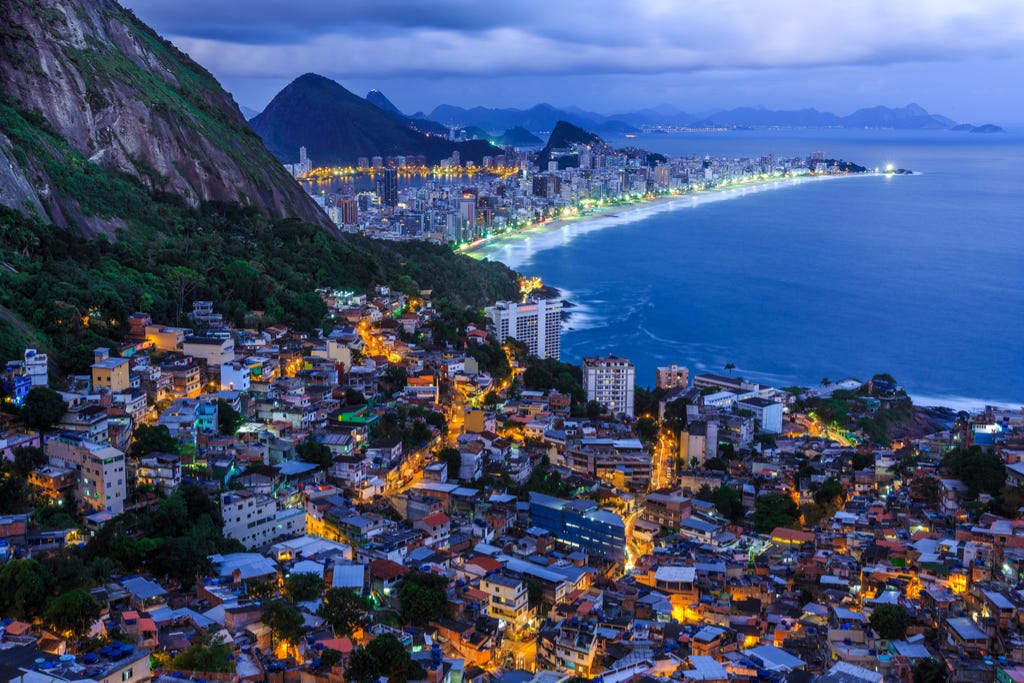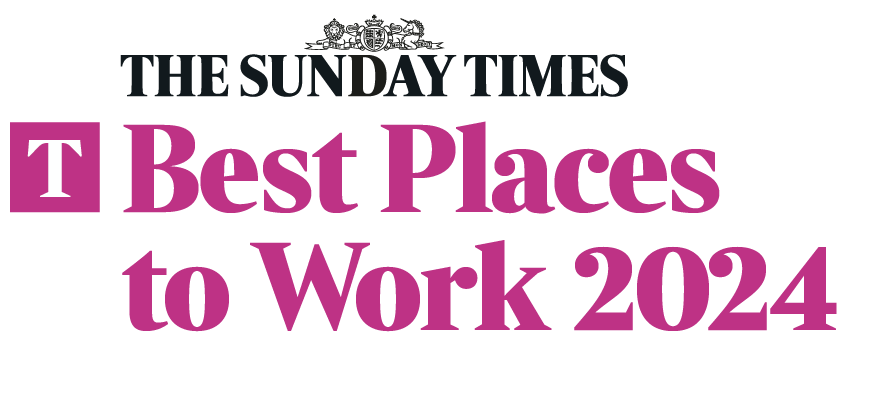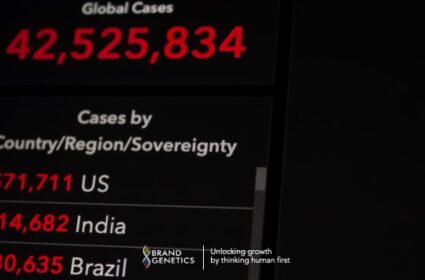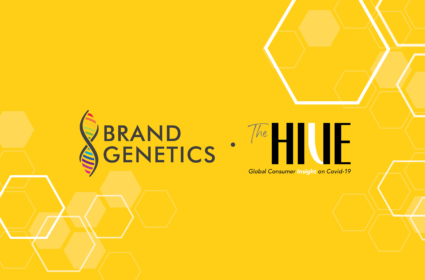Self Isolation … a privilege many can’t afford

This article is part of our series on Global consumer insight on Covid-19. You can view the full series or download the report.
We’re told uncategorically that staying at home and self-isolating is the only way to protect yourself and others from Covid-19. Most of us have been following these rules religiously at some point over the pandemic, but there are people who aren’t in a financial position to do so.
In developing countries like Brazil, if your quarantine concern is what you’re going to watch on Netflix first or what online class you’re going to take to ensure you come out of this better and more well-rounded — you’re privileged! The unfortunate reality is that advising citizens to “stay at home”, “wash hands”, and “work remotely” is just not viable. For these people, and millions of others worldwide, the threat of this virus is very real and inescapable.
A virus that doesn’t discriminate operating in a society that does
Covid-19 does not “discriminate” who it infects — from Tom Hanks to Prince Charles the virus has proven inescapable. But statistics are clear in showing the virus is having a greater impact on the poorest factions of society, and this is not limited to just developing countries.
Research from the Center for Disease Control and Prevention (CDC) has revealed that in USA “30% of Covid-19 patients are African American, despite African Americans making up just 13% of the US population”. With at least twice as many African Americans living in poverty relative to white Americans, we can already see how the pandemic is amplifying pre-existing disparities across the world.
The quarantine reality in Brazil

Rio de Janeiro is famous for its natural wonders — from Copacabana beach to Sugarloaf Mountain. But nature and wealth lie in stark contrast next to swarms of mountainside houses stacked precariously atop one another (or ‘favelas’ as we call them). Here, you’re faced with shocking social inequality on a daily basis.
Vulnerable families now face even greater challenges
How can someone sharing a single room with their entire family proactively exercise social distancing? Single rooms may house entire families of 5 or 6 people.
How can families put food on the table when they aren’t going out for work? With many workers employed on an informal basis, they don’t get paid if they are not physically on the job. For them, going to work (much like the pandemic) is a matter of life or death.
How do you keep your hands clean without running water? 34 million people in Brazil don’t have access to running water and cannot find or afford hand sanitizer.
Sadly, many countries share the same unfortunate reality — lockdown isn’t viable for the most vulnerable members of society. Proper social distancing is only possible for the privileged and we must recognize this if we want to shift the narrative.
So, how can we help?
We are living through the “worst public health crisis for a generation” (Boris Johnson, 2020) but we have still seen inspiring acts of kindness, solidarity and compassion from people and communities in every corner of the world. And the best news? According to Steven Taylor’s Psychology of Pandemics, this kindness and compassion is contagious too!
While governments have launched schemes that aspire to reverse the problems that create social inequality (e.g. universal basic income in Brazil) it’s vital brands and businesses now use their size, strength and kindness to help rebalance the scales.
“Many brands and business have taken the plunge and reacted to the global pandemic at lightning speed” but as we continue to understand how Covid-19 affects different social groups, it’s important to take into account individual human needs to create real social impact.
Here are our favourite examples of LatAm brands using smart initiatives to help vulnerable groups:
Veja / Reckitt Benckiser
Veja, the most popular cleaning brand in Brazil, have created a platform to support domestic workers that have lost their sources of income during the pandemic through R$500 vouchers and the donation of cleaning products. People can also join efforts and donate using the platform.
Grupo Boticário
The cosmetics giant has pledged a donation of 216 tonnes of hygiene products, including alcohol gel and soap, to vulnerable citizens in ‘favelas’ and public hospitals around Brazil.
iFood
The most popular food delivery app in Brazil has a R$50million fund supporting small restaurants and a R$1 million fund supporting delivery men — who have become vital ‘front-line’ workers and the unlikely heroes, as businesses shift to online-only.
Mercado Livre
The e-commerce website has suspended the commission fee for essential products and PPE (e.g. masks and alcohol gel) and have banned sellers who have inflated the price of these goods to enable everyone to protect themselves at a fair market price.
The Human Experience (HX) learnings
We know social inequality cannot be solved overnight but understanding the direct impact privilege has on the effects of Covid-19 is a step in the first direction.
From donations of hygiene products and food supplies to clean water solutions and PPE equipment for those in the front line — there’s a great deal brands could (and should) do to help. Brands who use their power to make a difference will be remembered and celebrated once this comes to an end.
At Brand Genetics, we believe ‘what unites us is greater than what divides us’ and if there’s one thing that could help right now, it is working together to create kinder solutions that offer real help in a time of dire need.



